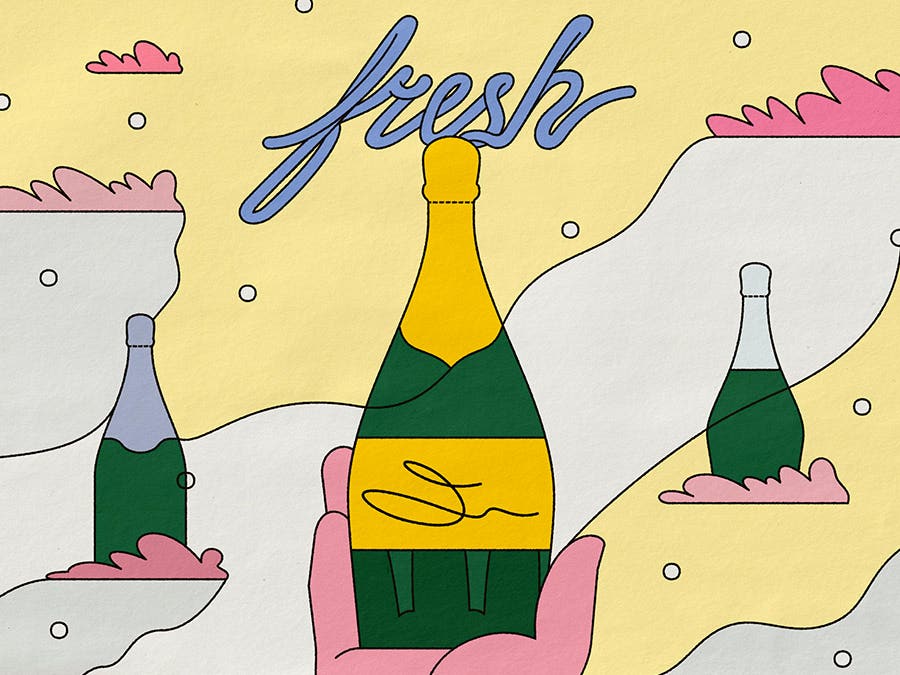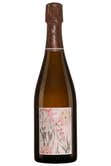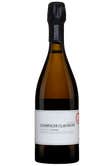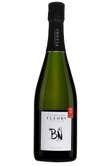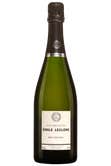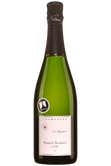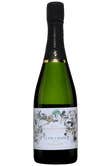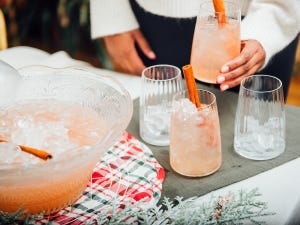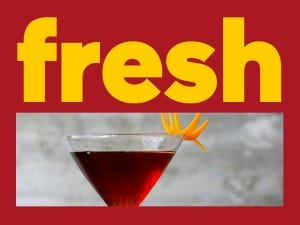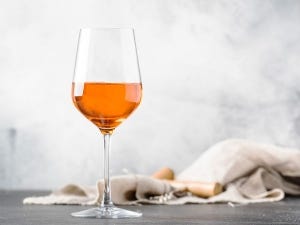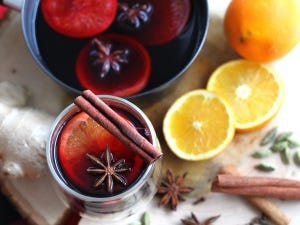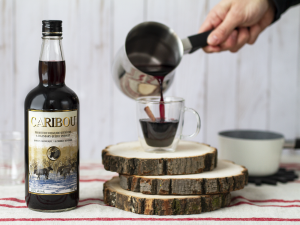Champagne continues to expand its offerings on our shelves. Those who used to swear by the big brands now often prefer what independent winemakers have to offer: expertise, authenticity and good value for money.
How do you explain the sudden enthusiasm for artisanal champagnes?
Today, we notice a growing awareness on the part of consumers and wine lovers, who are more and more interested in the history and expertise behind the bottle.
This reflects what is happening in the wine world as a whole: an interest in the small and the intimate, as opposed to the large, the anonymous, and the corporate. The human factor is important, and is an aspect that is sometimes lacking in more commercial wines. The individuality of champagne and the authentic expression of the terroir are also appealing factors, resulting in this penchant for artisanal wines.
"The clientele is thirsty for discovery and is more attentive, which allows us to have a stronger relationship and break the rules," says David Goirand, head sommelier at Maison Boulud in Montreal's Ritz-Carlton. "I'm making it my duty to introduce this new wave of Champagne producers and to highlight smaller houses; like a showcase for the artisans," he explains. Some of his favourite producers, "including Champagne Pascal Doquet and Champagne Bourdaire-Gallois, which have a special place on the menu, both by the glass and as part of the tasting menus," alternate on the prestigious restaurant's menu.
While much of Champagne's historical importance lies in blending, artisan champagnes are increasingly focusing on individuality; single-varietal, single-vintage, and single-vineyard champagnes are now quite common.
Grande maison or artisan?
What distinguishes the grandes marques—big brands—from the artisan champagnes is their status as négociant-manipulant (NM), while the latter have that of récoltant-manipulant (RM). These acronyms can be found on the labels to guide consumers. Generally, the grandes maisons buy their grapes from other winemakers to produce champagne in large quantities, while the independent producers grow their own grapes and bottle their production on a small scale.
Promoting their terroir
A key example is Champagne Fleury, one of the oldest producers in Aube. They have been bottling their own wines since 1929 and were the very first producers in Champagne to work in biodynamic viticulture. Today, the fourth generation—represented by Morgane Fleury and her brothers Jean-Sébastien and Benoît— ensures the continuity and rigour of the house.
"The diversity of tastes is important," says Morgane. "Beyond the brand, there is the identity from the vine to the bottle [which plays a role]. You can see this in the enthusiasm among young people who want to promote their terroir, especially in Aube." A generation that is as diligent as it is inspired, already shaping the Champagne wine of tomorrow.
Pinot Noir is a master in Aube, both because of the historical demand for these grapes by the grandes maisons, and because the warm climate and dense soil are well suited to this variety. Winemakers in this region often say that they feel closer to their Chablis neighbours in Burgundy than to the rest of Champagne. This camaraderie is also rooted in their shared terroir: the Kimmeridgian soils that cross both regions, giving southern champagnes an exceptional minerality.
"In organic, we take risks, and we own them."
— Pascal Doquet, winemaker-owner
Winegrower since 1982, Pascal Doquet became independent in 2004 after buying the family estate located on the Côte des Blancs, at the northern edge of Champagne. The terroir is Grand Cru and Premier Cru, which he has converted to organic farming.
The region is "very marked by the oceanic flows", underlines Pascal Doquet. "The culture of the vine is subject to a cool and humid climate. These conditions favour the spread of vine diseases, such as mildew, which can completely or largely destroy our crops," he continues.
Firmly focused on practices that harmonize with nature, his philosophy can be described as "sustainable viticulture". Moreover, his plot-based and organic work must be very precise. "Part of our job is that of a balancing act: to ensure the well-being of the environment, the vines and especially the people who work there," he says. "It's an added value that is not necessarily economic, but ethical and ecological." And that comes with its share of challenges!
Pascal Doquet's champagnes are of a rare quality and the bottles are hard to find. The good news? "We were lucky enough to enter the Quebec market from the beginning, and we are now well established," explains the winemaker. “So much so, that we sell almost more bottles in Quebec than in France!”
A trend that is here to stay
Proud of their heritage, their history, and their expertise, the independent producers in Champagne continue to gain followers. Further, it's thanks to their audacity, persistence, and resilience that artisanal champagnes are now—and for a long time to come—making their way into our glasses, and onto our gift lists!
With the holidays approaching, it's the perfect time to (re)discover the incredible diversity of artisanal champagnes.
Here are a few artisanal champagnes to discover:
-
Inspiration
(746)
- Profiles (184)
- Interviews (77)
- Share (296)
- Trends (60)
- Tasting and service (47)
- Production methods (21)
- Conservation (5)
- Wine cultivation (27)
- Pairings and Taste Tags (26)
-
The SAQ is here
(87)
- SAQ Inspire Event (34)
- Donations and sponsorships (52)
- SAQ Inspire Contests (0)
-
About us
(48)
- Press releases (41)
- Career (4)
- Clarifications (3)
- Sustainable development (21)

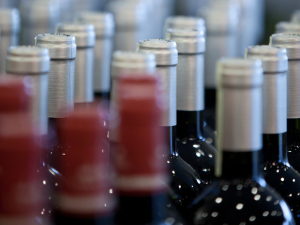
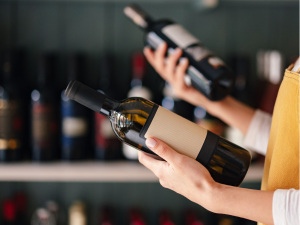
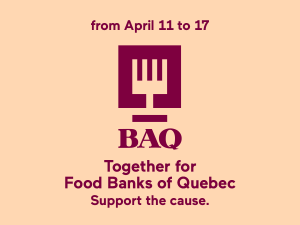
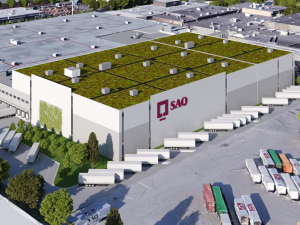
 Free in-store delivery with purchases of $75+ in an estimated 3 to 5 business days.
Free in-store delivery with purchases of $75+ in an estimated 3 to 5 business days.
